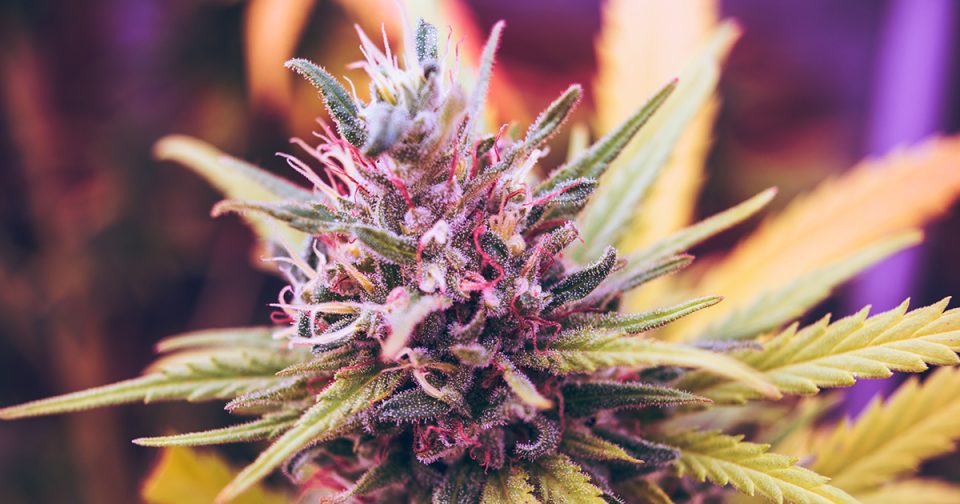A recent survey conducted by The Harris Poll for Green Thumb Industries’ (CSE: GTII, OTCQX: GTBIF) cannabis brand incredibles has unveiled a significant shift in sleep aid preferences among American adults. The study, released on January 17, 2025, highlights a growing trend of cannabis use for sleep, particularly in the form of edibles.
The survey found that 79% of adults aged 21 and over report having sleep issues, with 71% wishing for better sleep quality. Notably, 16% of respondents turn to cannabis as a sleep aid, surpassing the use of prescription sleep medications (12%) and alcohol (11%).
Cannabis-infused edibles have emerged as a popular choice, with 21% of adults using them specifically for sleep. Overall, 42% of adults consume cannabis edibles, and more than half of these users do so to improve their sleep.
The data reveals interesting demographic trends. Parents with children under 18 are more likely to use cannabis for sleep (21%) compared to non-parents (13%). Financial worries keep 42% of parents up at night, contributing to their higher likelihood of seeking sleep aids.
Green Thumb Industries, positioning itself in this growing market, offers a range of cannabis-infused products under its incredibles brand. These include Snoozzzeberry Gummies, Snoozzzierberry Gummies, and Snoozzzeberry Chocolate Bars, each formulated with varying levels of THC, CBN, and CBD to promote better sleep.
Ben Kovler, CEO of Green Thumb, commented on the findings: “More Americans are choosing cannabis for relaxation, sleep and overall well-being. Our Snoozzzeberry line is crafted with each of these aspects in mind.”
The survey also sheds light on gender differences in sleep disturbances, with women more likely to be kept awake by family concerns (32%) compared to men (23%).
This trend towards cannabis use for sleep aligns with broader shifts in the sleep aid market. A separate study by the American Academy of Sleep Medicine found that 49% of Americans have lost sleep due to marijuana use, with higher percentages among younger generations. However, 25% of Americans use marijuana occasionally or regularly as a sleep aid.
The increasing preference for cannabis over traditional sleep medications raises questions about changing attitudes towards substance use and sleep health. While some view cannabis as a natural alternative, sleep experts caution about its potential impacts on sleep quality and daytime functioning.
As the cannabis industry continues to grow and evolve, these findings suggest a significant market opportunity for sleep-focused cannabis products. However, they also underscore the need for further research into the long-term effects of cannabis use on sleep patterns and overall health.
The survey’s results indicate a complex landscape of sleep issues and solutions in America, with cannabis emerging as a key player in the quest for better sleep. As regulations and public perception continue to shift, the intersection of cannabis and sleep health is likely to remain a topic of both scientific and commercial interest.

